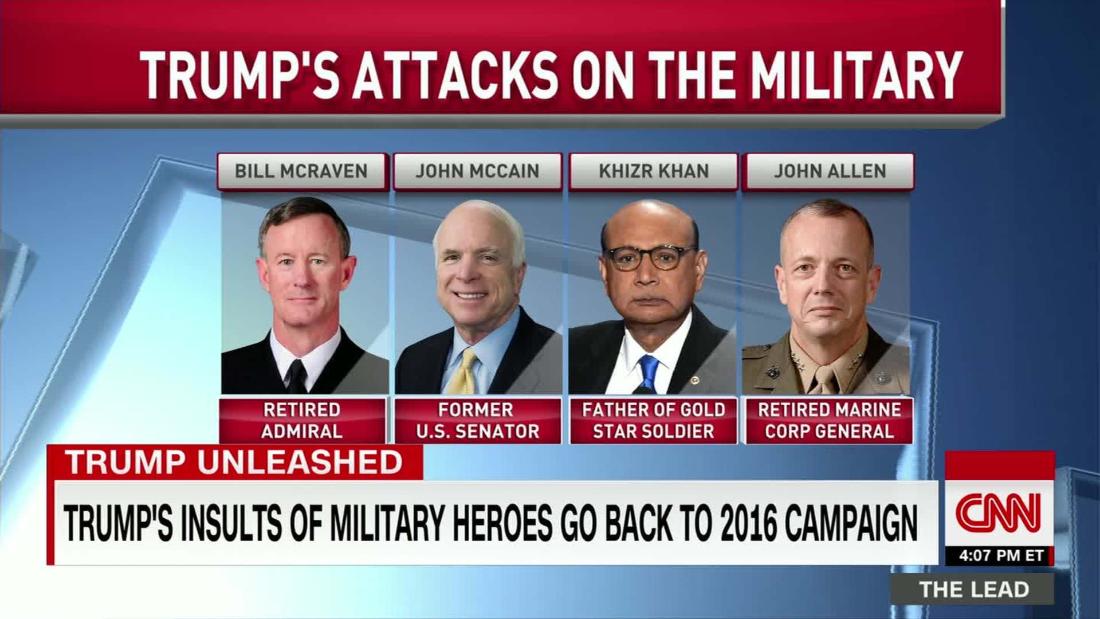Understanding the Debate Over Defense Spending
Let's talk about what's really going on here. Republicans are seriously concerned about the Pentagon's reported plans to slash defense spending by up to 8% annually over the next five years. Now, this isn't just about numbers on a spreadsheet; it's about the real-world implications for our national security. As we dig into the arguments from both sides of the political aisle, you'll see why this issue is so crucial for the future of the U.S. It's not just about protecting our borders; it's about maintaining our influence on the global stage.
The Potential Fallout of Cutting Military Spending
Many Republicans argue that reducing military funding could lead to some serious consequences. For one, it might embolden our adversaries—those authoritarian regimes that have been flexing their muscles lately. Think about it: if we're not projecting strength, who's to stop them from pushing boundaries? Plus, with advanced weaponry becoming more widespread, it's essential to maintain a robust defense posture. This isn't just about keeping America safe; it's about ensuring stability in regions where our influence is vital.
Unusual Moves in Congress
Here's something interesting: members of the ultraconservative Freedom Caucus actually walked across the Capitol to meet privately with Senate GOP leaders. Their mission? To insist on deeper cuts. Now, this is unusual because it shows the internal divisions within the Republican Party. Some want to cut spending significantly, while others are worried about the potential fallout. It's a balancing act, and the stakes couldn't be higher.
Read also:Jennifer Lopez And Emme Steal The Spotlight At Denzel Washingtons Broadway Revival Of Othello
What Do Democrats Think About the Proposed Cuts?
Meanwhile, Democratic members of the House Armed Services Committee are sounding the alarm. They're not happy about reports that the Trump administration is considering reducing U.S. forces in Europe. They believe that America must stand by its NATO allies, no matter what. This is part of a larger series offering a nonpartisan perspective on Project 2025, a conservative roadmap for reforming government and policymaking during the first 180 days of a second Trump administration. It's a complex issue, and both sides have valid points to consider.
Facing Internal Divisions
House Republicans are dealing with some serious internal divisions as they try to figure out how to finance President Donald Trump's fiscal 2025 plans. With only a narrow majority, they need to find a way to unite if they want to pass critical budget resolutions. These resolutions cover everything from tax cuts to immigration reform and, of course, military spending. On one hand, hardline conservatives are demanding significant spending cuts. On the other, Democrats are criticizing these plans, saying they'll hurt working families and seniors. It's a tough situation, and the outcome could shape the future of America.
The Politics of Tax Cuts and Government Spending
The Trump administration and the new Republican majority in Congress have big plans to extend tax cuts and crack down on immigration. But here's the catch: to pay for these changes, they're looking to cut government spending. Now, progress on the tax front has been slow. GOP leaders are hoping to put forth a budget later this year that extends Trump's tax cuts and funds other key provisions of his agenda. It's a delicate balancing act, and the outcome will affect millions of Americans.
Concerns About Federal Workers and Social Security
Some Republicans are worried about how reducing the federal workforce and canceling spending approved by Congress will affect the country—especially in regions filled with loyal GOP voters. Members of Congress are urging the Trump administration not to fire federal workers they view as essential. The legislation that passed the Senate calls for a minimum of $4 billion in spending cuts. That's far less than the $1.5 trillion proposed by the House. It's clear that Congress is walking a fine line here, and the consequences could be significant.
The Impact on Social Security
Due to the large portion of the overall budget allocated to Social Security, many are concerned that the new Republican budget could lead to cuts in the program. This program oversees monthly payments to millions of Americans, and any reduction could have a devastating impact. It's a valid worry, and it's something that needs to be addressed as we move forward with budget negotiations.
What Does This Mean for Veterans?
Veterans are understandably worried about potential cuts to VA disability compensation. It's a valid concern, given the ongoing budget debates and changing political situations. Recent Democratic and Republican presidents, including President Donald Trump, have championed causes for veterans. In 2018, Trump signed Executive Order 13832, encouraging federal agencies to hire more military veterans. But with the current budget proposals, veterans are wondering if their benefits are at risk. This article addresses that question head-on, exploring the proposed cuts, the political motivations behind them, and how veterans can protect their earned benefits.
Read also:Olivia Munn And John Mulaneys Baby Daughter Meacutei Is Ready To Shine
Looking Ahead
As we move forward, it's clear that the debate over military cuts and government spending will continue to be a major issue. It's not just about politics; it's about the future of our country and the people who have served it. Whether you're a veteran, a taxpayer, or just someone who cares about the direction of America, this is an issue that affects us all. So, stay informed, and make your voice heard. Your input matters more than ever.


